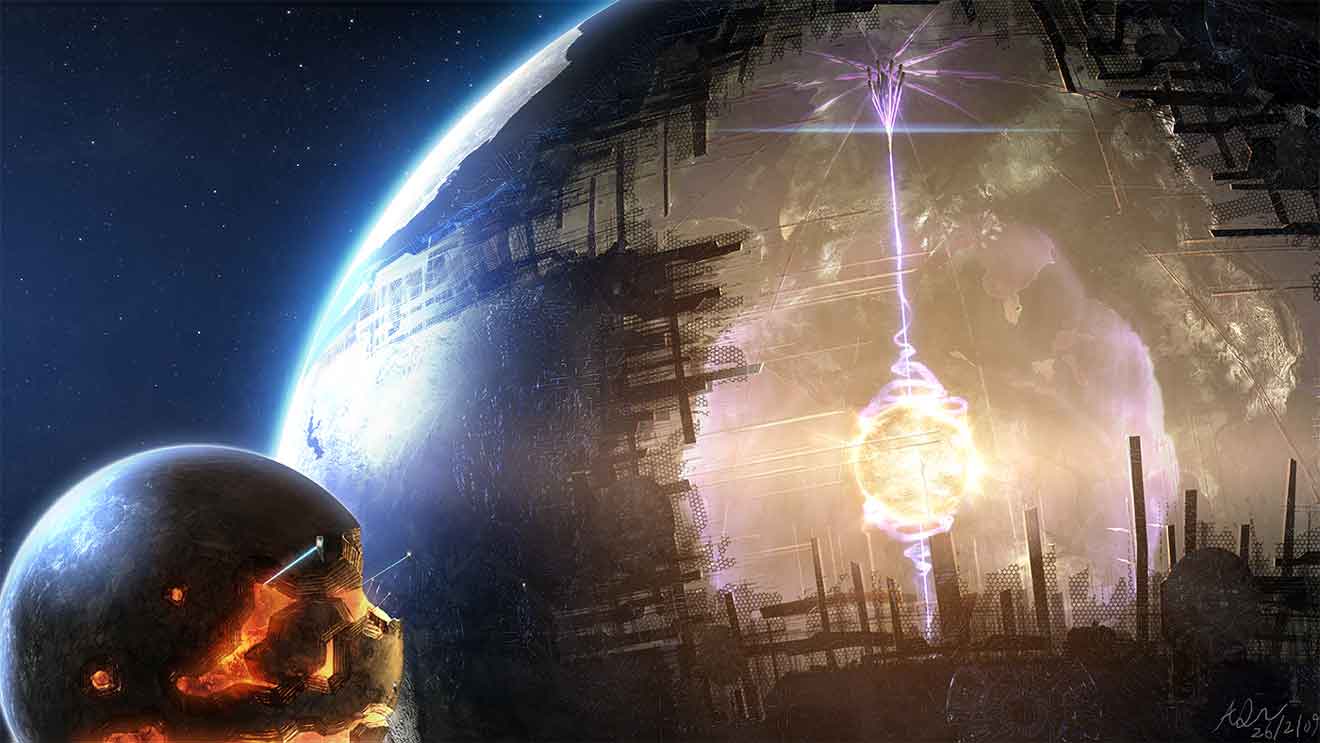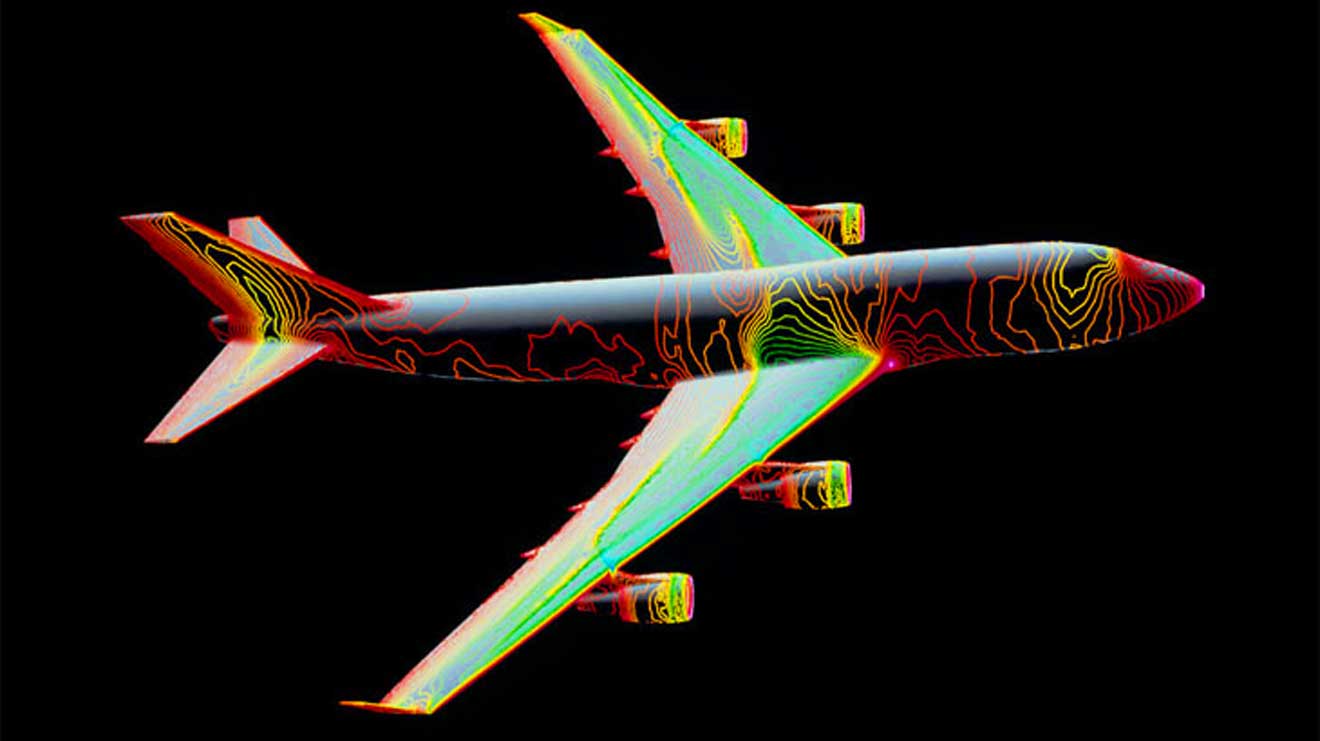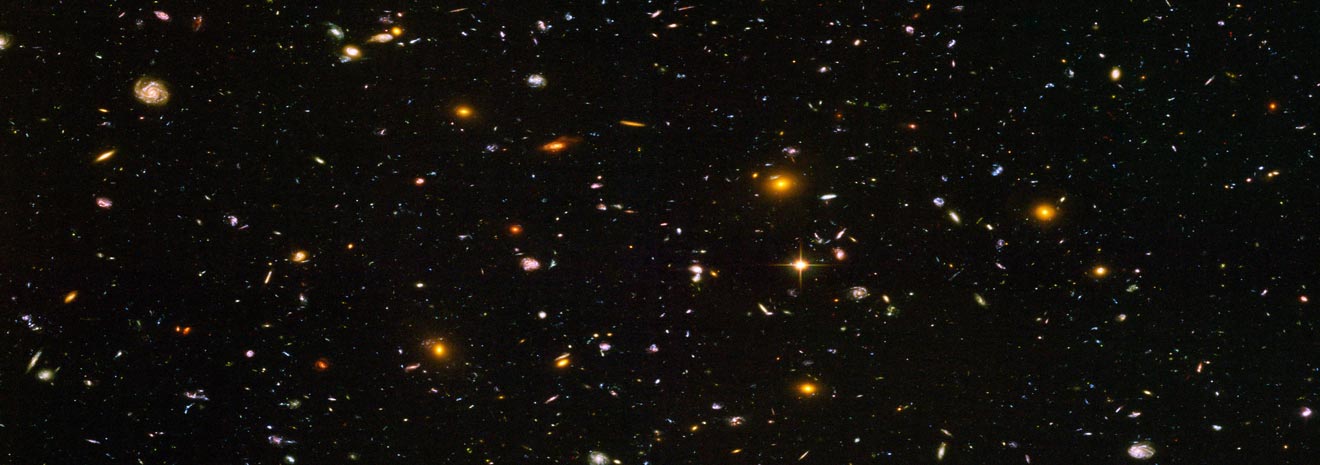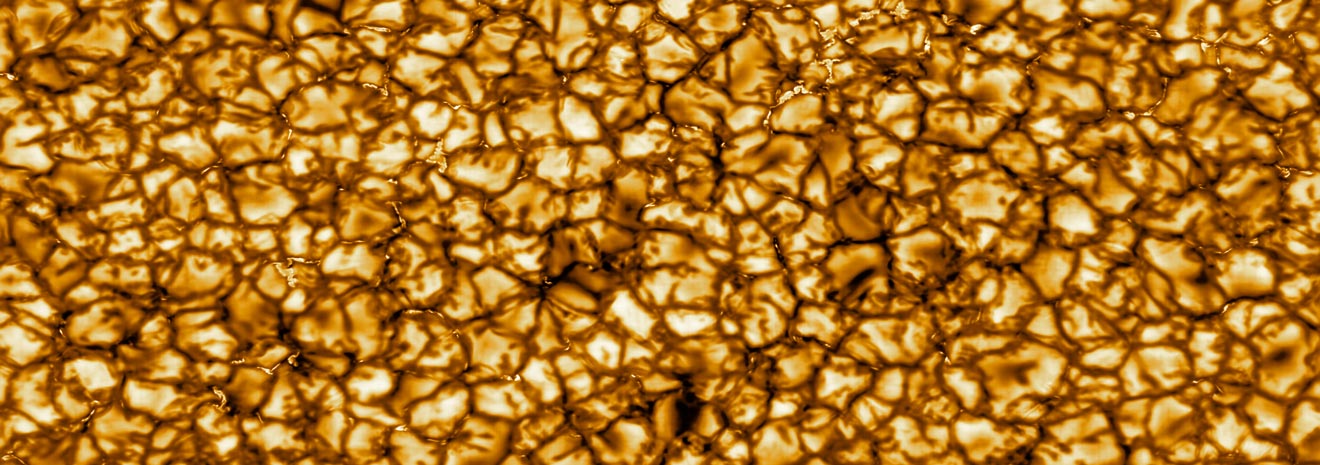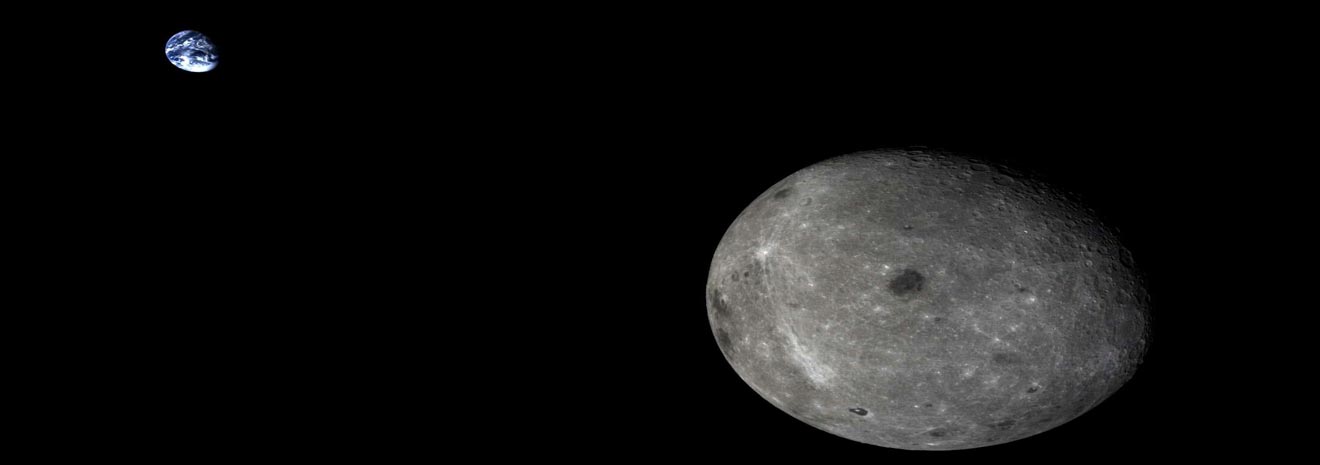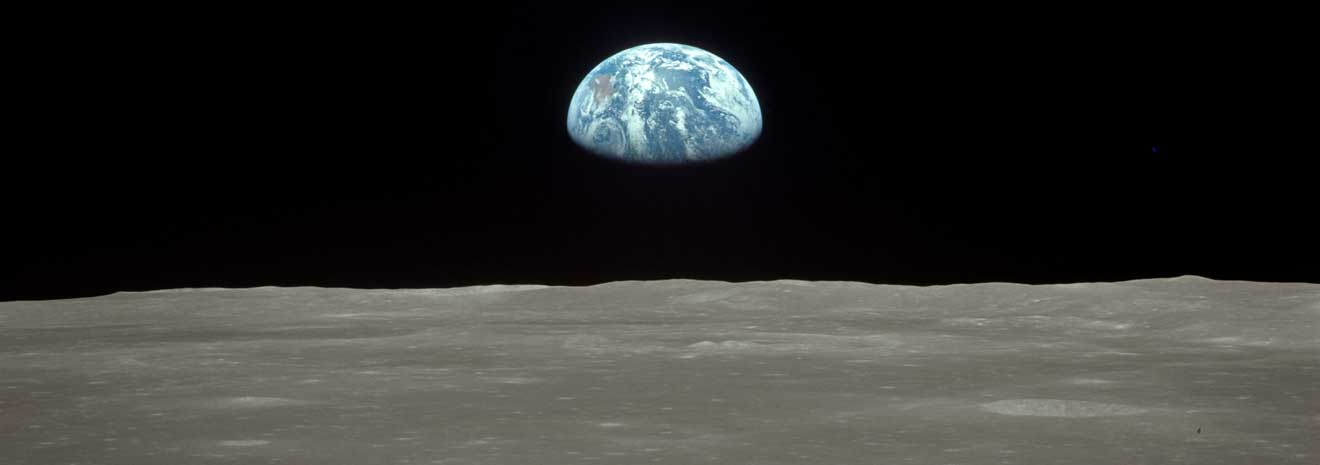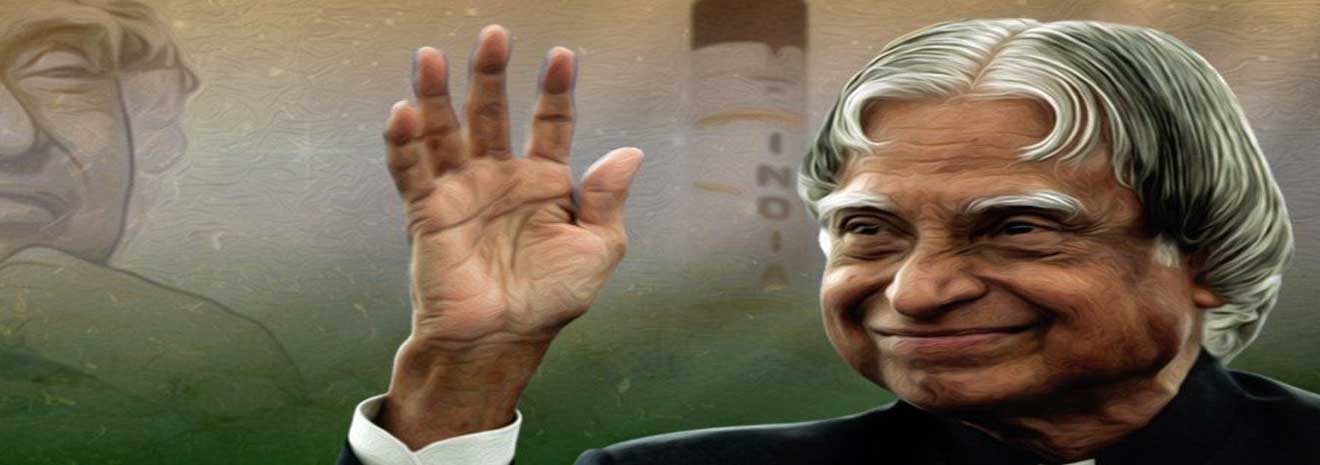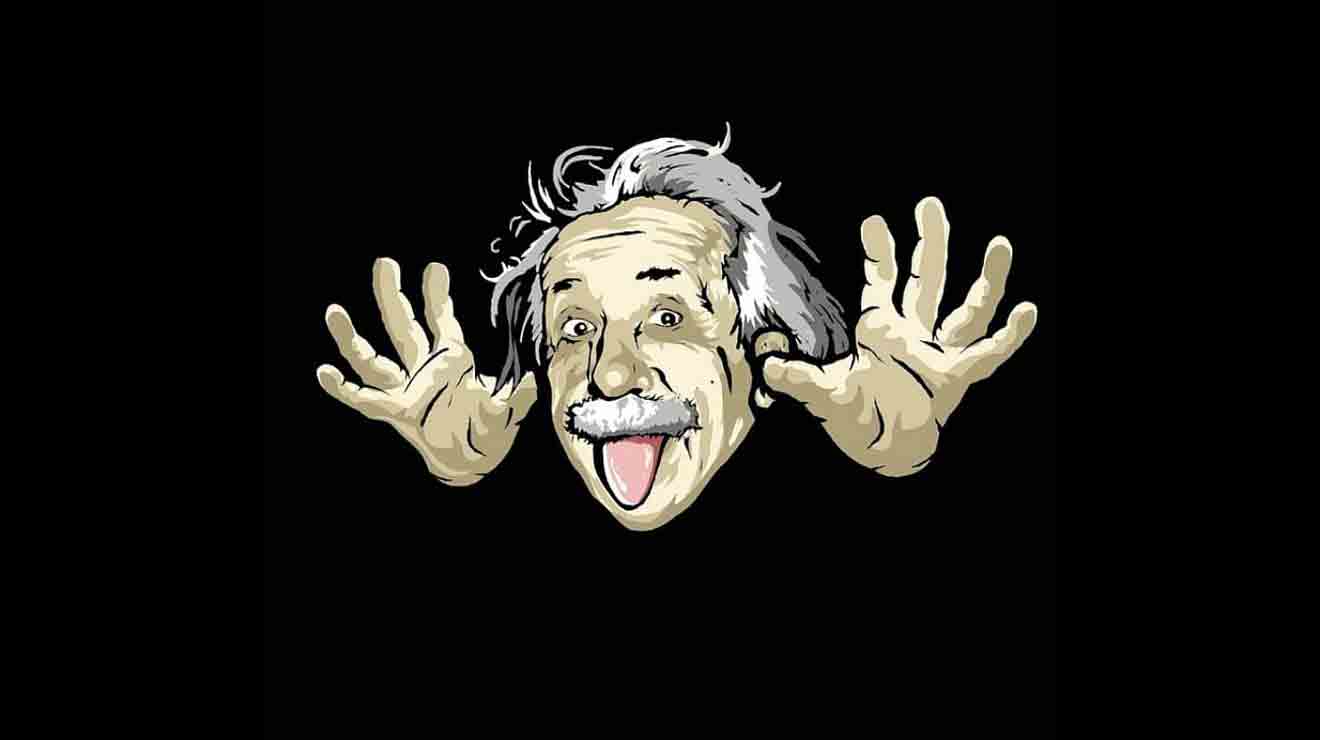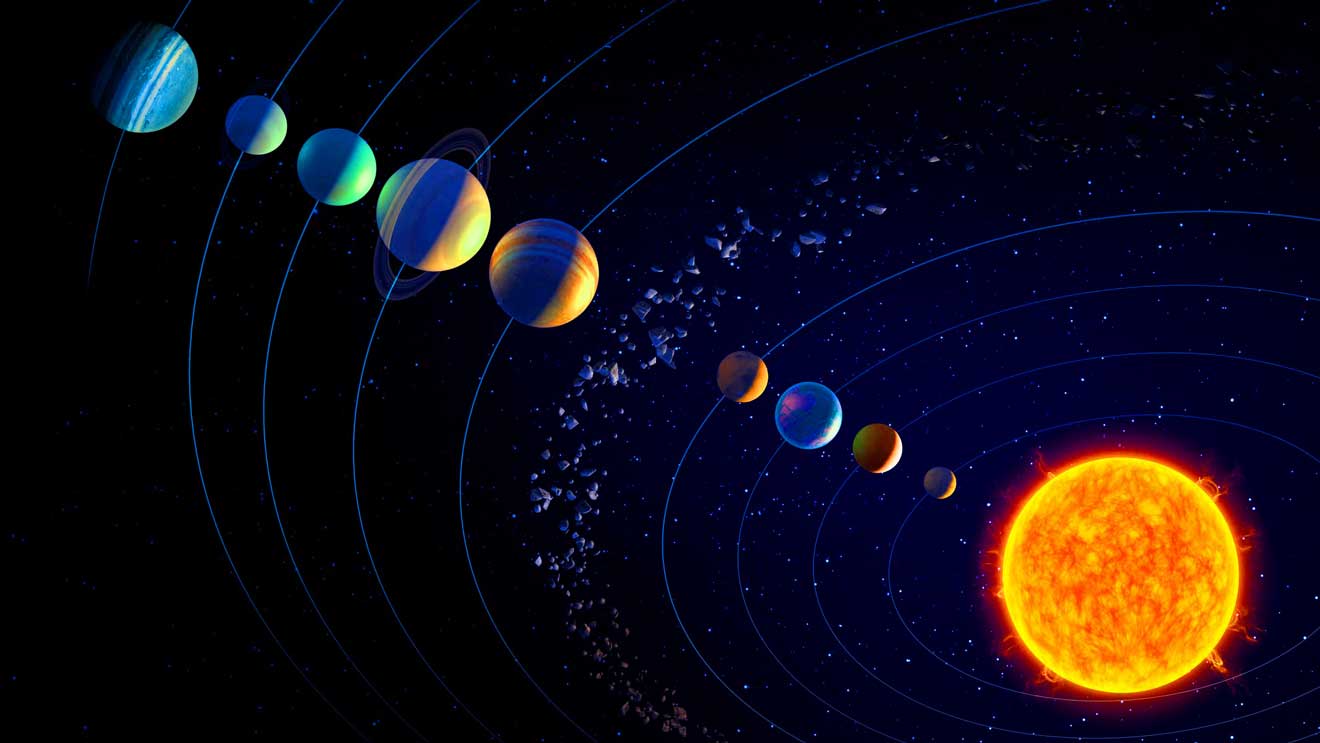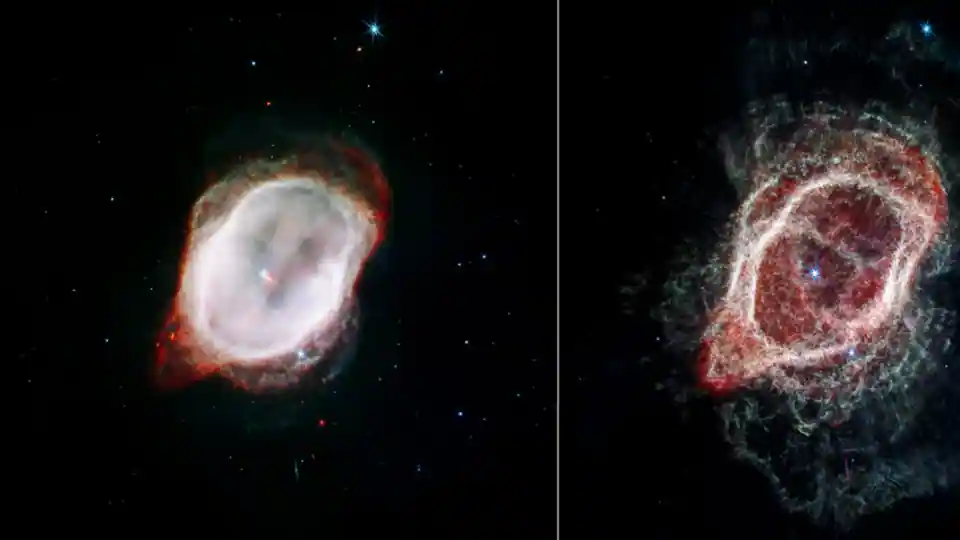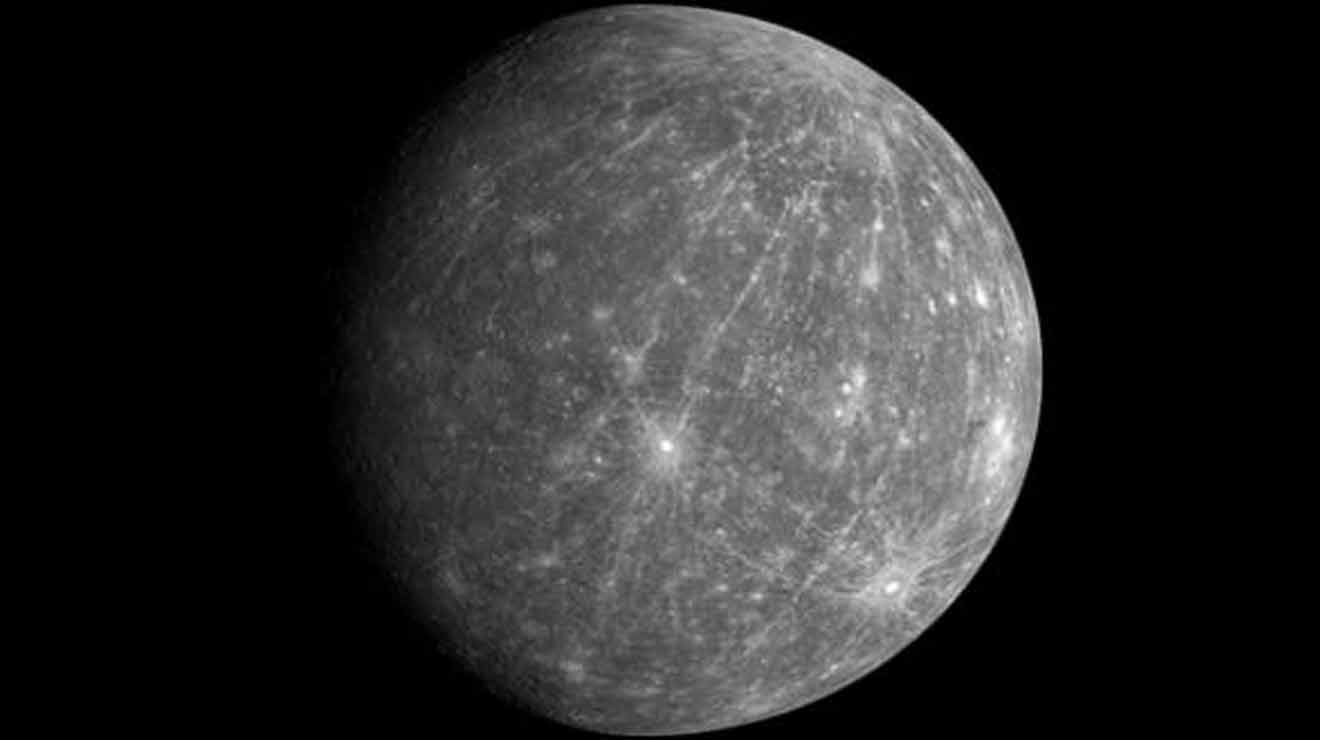NASA’s James Webb Space Telescope has opened up new opportunities for astronomers to explore the splendors of the universe. The images provided by the telescope have revealed several never-seen-before parts of deep space. Furthermore, what was visible before became even clearer. Among the first images taken by the Webb, one of them was of the Southern Ring Nebula. After studying the images, astronomers have found an evidence of an unknown star.
The Southern Ring Nebula, also known as NGC 3132, flourishes around 2000 light-years from Earth. It was no surprise for scientists since it had also been observed by the Hubble Space Telescope.
A more comprehensive image of the Southern Ring Nebula was provided by James Webb. It is equipped with two instruments: the Near Infrared Camera (NIRCam), which is used to examine warmer objects like as stars and the Mid-Infrared Instrument (MIRI), which is used to detect dust in deep space. The first surprise was revealed by MIRI’s observation, which revealed that the white dwarf was unexpectedly crimson. Not only that, but the Hubble Telescope revealed that the stars were about the same size—one massive and one little. The bigger star was still alive, while the smaller partner was a dead star known as a white dwarf. But, instead, it had a red colour, hinting that there was something more out there as well.
Astronomers instantly wondered where this material originated from. According to Orsola De Marco, an astronomer at Macquarie University, this merely suggested the presence of another unseen star circling the white dwarf, which resulted in the massive dust disc. This abruptly converted the binary star system into a three-star system.


